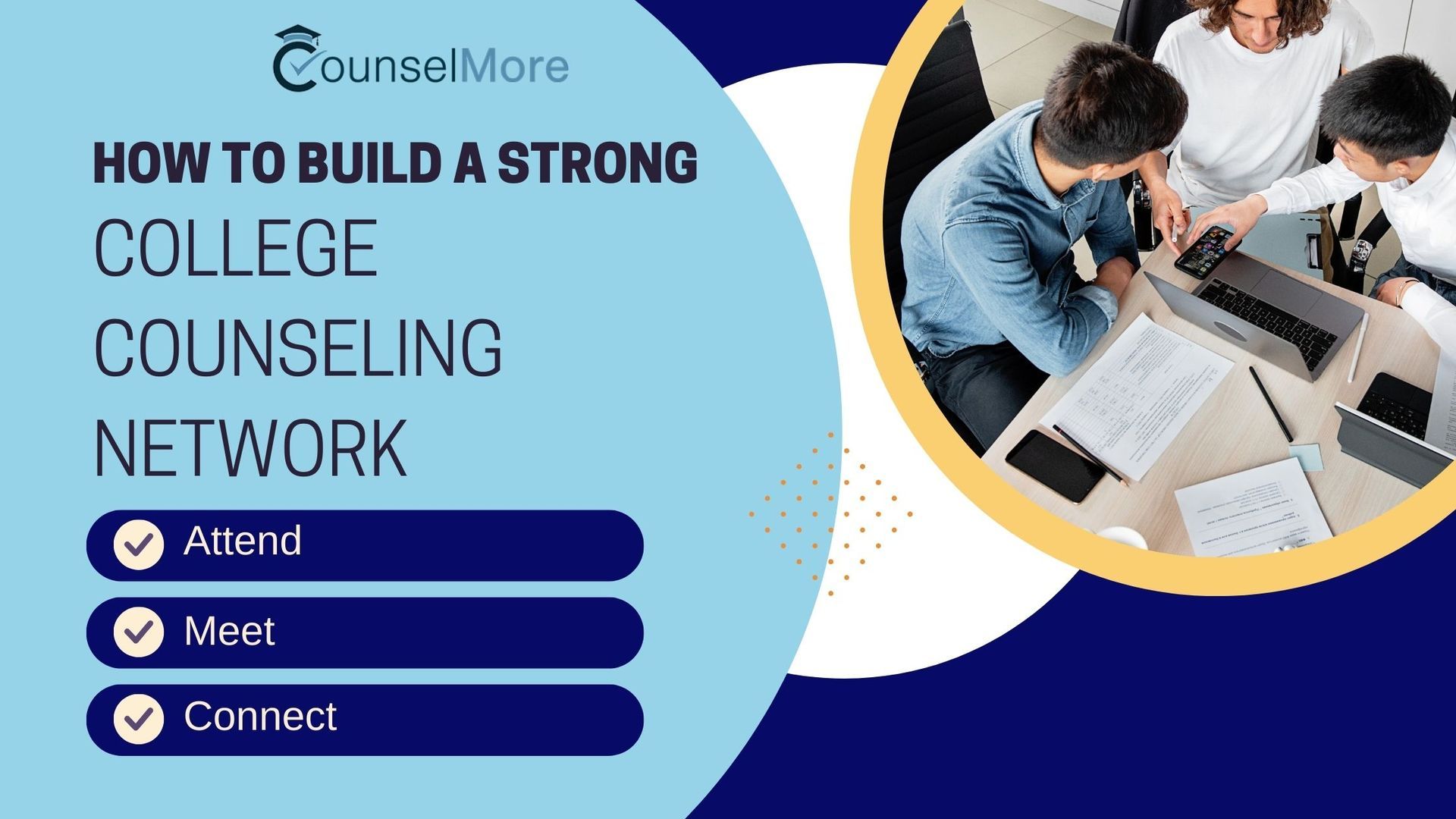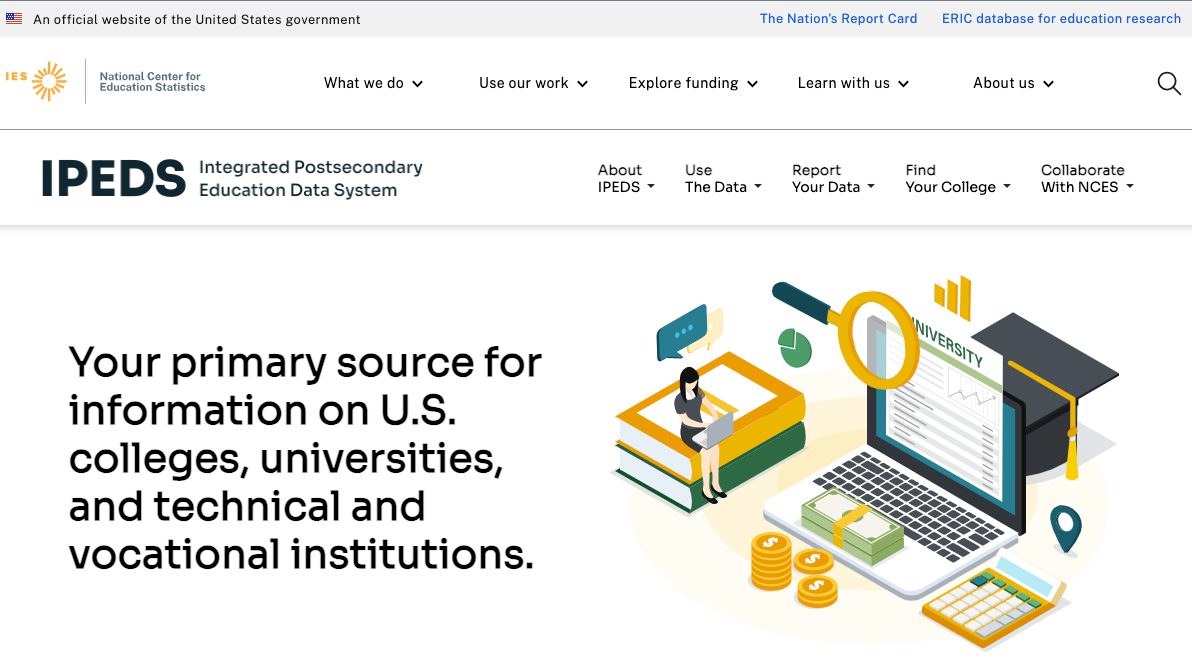PAYING FOR COLLEGE IS AN INTERESTING MAZE TO NAVIGATE.
The MOST money you will ever get toward a college degree is from the institution itself in the form of financial aid (based on need) and merit aid (based on your application and attributes). Our goal is to help you put forth your best self in your applications so that you will be irresistible to the appropriate schools where you apply. But we also focus on finding the best fit for you, and if the price is a leading part of the equation, we will help you discover universities that offer financial need-based grants and scholarships.
Financial need is determined by the FAFSA – Free Application for Federal Student Aid. This opens on October 1st. The sooner you apply, the better. The FAFSA is to be filled out from the point of view of the student, but there is quite a bit financial info that will be required by the parent and you need to know that it is a 2-year look-back on finances. So for the class of 2022, income from 2020 will be used for the application. Soon after filling it out, you will get an EFC-Expected Family Contribution- and this is an important number. There is a full video on the FAFSA, CSS Profile (some private schools may require this), EFC and more on our YouTube channel as well as a few videos on how to fill the FAFSA out correctly. Here is our Video link on paying for college- ABC’s OF PAYING FOR COLLEGE – featuring our financial partner Ann Alsina.
The FAFSA provides info and qualification for different things. Pell Grants that are offered by the government, based on your FAFSA and finances, do not need to be paid back and are often only available for families with very low incomes. Subsidized and Unsubsidized loans are loans offered to your student, in their name, and are paid back by the student (interest differs on each one) and usually cannot accumulate to more than $27,000 over 4 years. Work-study is paid to the student when they work at approved work-study jobs, usually provided by the college and with a priority on student studies over work. Additional loans may be obtained outside of the Pell Grant, Govt Loans and Work Study. These loans require the parent cosigning on the loan for the student and come from a bank. We do suggest that you look closely at any front-loaded fees, accumulated interest etc. when looking at the Parent Plus Loan– it sounds great at first, but your bank may offer a better solution.
One of our colleagues in California, Jeff Levy with Big J Consulting, recently contributed this article on the 15 biggest mistakes families make when filling out the FAFSA. It is worth the read. READ HERE
Beyond what the government can offer you based on your EFC, colleges often have scholarships and grants that they can offer your student. This is
institutional need-based aid. Every university handles this differently, has different amounts available, and is usually tied into their endowments. Institutional need-based aid can be offered at the time of acceptance or in the Spring after the initial acceptance letter. We are fortunate to have a deep understanding of the need-based aid offered at most colleges.

The sticker price, may not be the REAL price.
SO WHAT ABOUT SCHOLARSHIPS? MERIT AID
“LAST YEAR, OUR STUDENTS WERE OFFERED AN AVERAGE OF $60K-$110K OVER 4 YEARS FOR THE SCHOOLS WHERE THEY WERE ACCEPTED.”
What many of us called “scholarships” from colleges, now fall under the title of MERIT AID. Merit aid is a form of college financial aid that does not consider a student’s financial need but rather is awarded based on academic, athletic, artistic, or special-interest merit. Last year, our students were offered an average of $60k-$110K over 4 years for the schools where they were accepted. This is not a guarantee, but the better your application, the stronger your classes and grades, the deeper your activities, the quality of your essay, and the right list of schools you have can maximize this merit aid. Keep your mind open, don’t go for the most popular schools, most well-known schools, or places you know from movies and friends. There are hundreds of amazing colleges that may be perfect for your student AND willing to provide discounts to tuition in order for your child to attend.
THIS IS WHERE ACC CAN HELP YOU TO SHINE AND THE EARLIER YOU BEGIN WITH US…THE BETTER YOUR RESUME!
Outside scholarships– these are interesting. We call these the “sprinkles on the sundae” -a bonus, but merely a small amount of money in comparison to the discounts, grants, merit aid, etc. that you can be offered from the government or institution itself. The outside scholarships available are not easy to get and usually yield $200-1000. Your guidance office should have a number of these that are available for the students at your school. Our advice is to go for these after you have put together the best application and done the FAFSA. These are not something that our company focuses on. If you want to go after these, there are several websites that may help find these for you: scholly.com, collegeboard.org, FastWeb, ScholarshipOwl. Another resource may be your company or local businesses that offer these small scholarships to local students. Scroll back up and watch our video!
Lee Norwood is a member of the Independent Educational Consultants Association, Higher Education Consultants Association, NACAC Charactor Collaborative and she is on faculty with the CounselMore Business Development Academy. She speaks at industry conferences on topics like “Meeting Gen Z Where They Are” and “Growing Your Business” and she has been featured on podcasts with CollegeScoops, ThirdFloor Views, Tests And The Rest, and others.If you are interested in our process, our team, reviews and outcomes, just look at our website www.annapoliscollegeconsulting.com


















